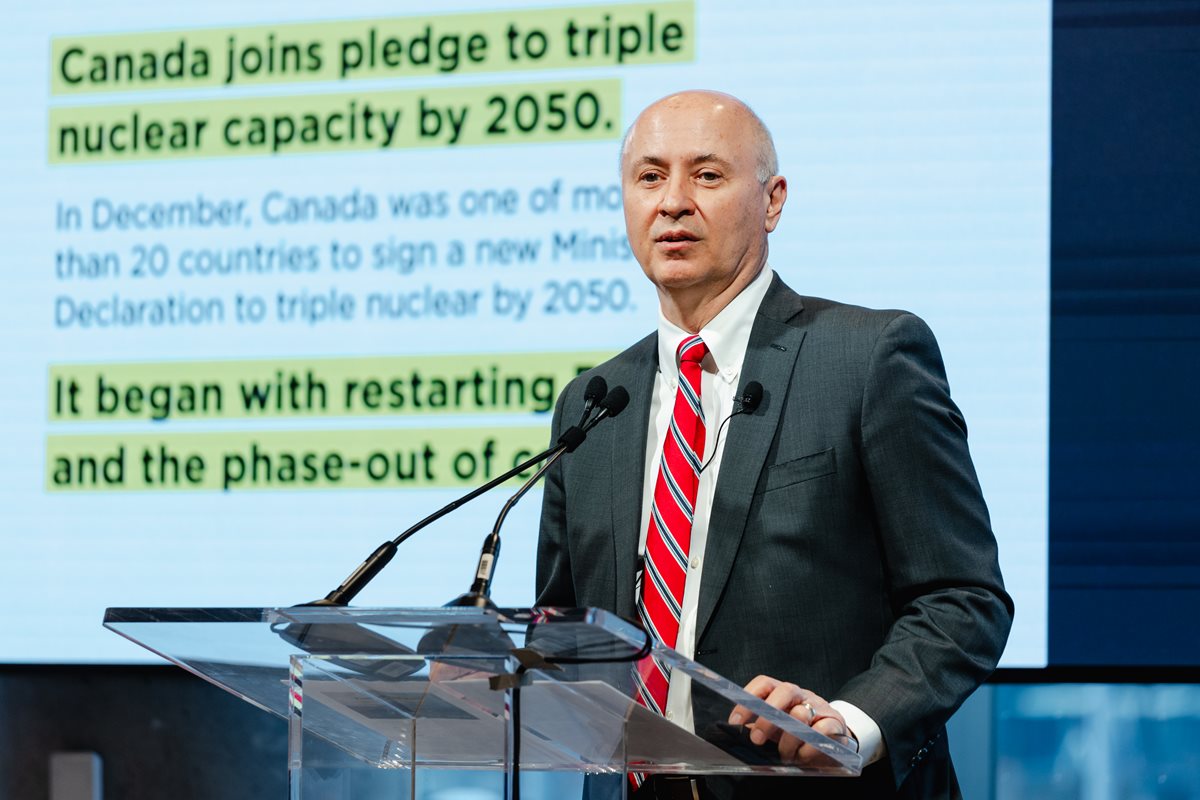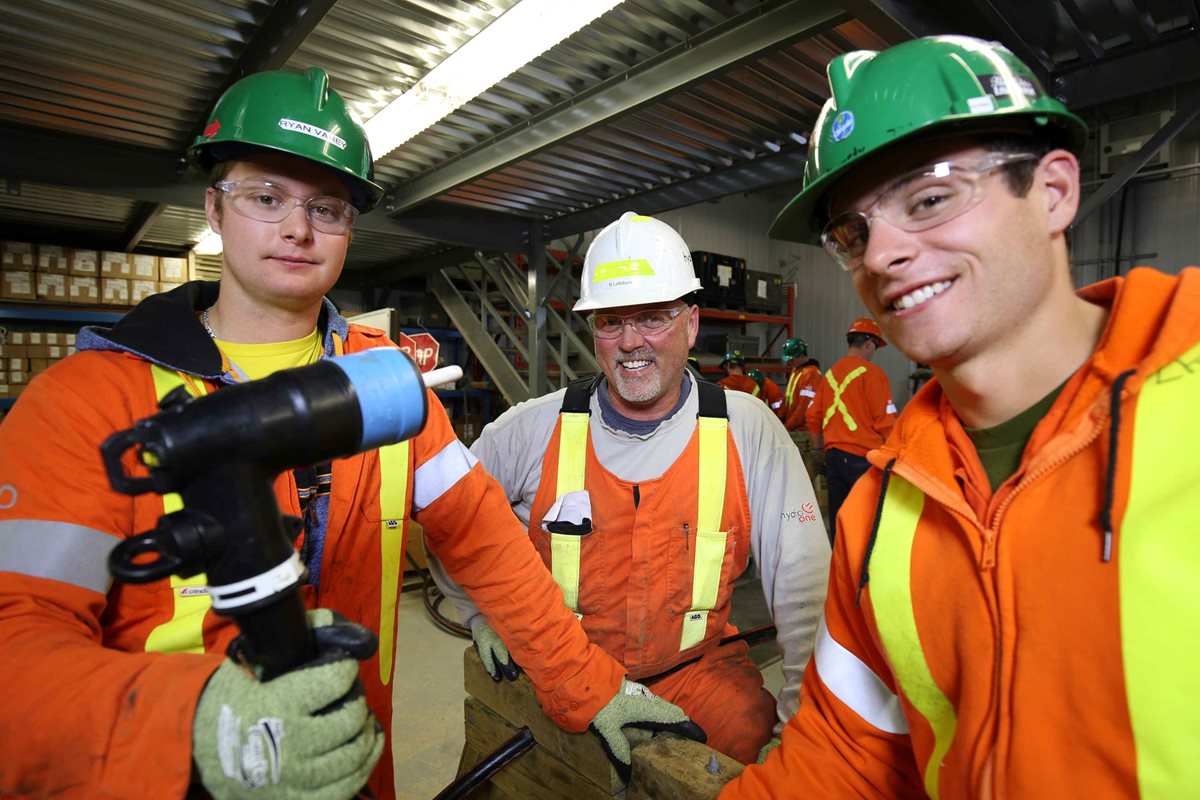
The Power Workers' Union (PWU), representing over 18,000 workers, is a key player in Ontario’s electricity sector. From running generating stations to overseeing transmission and distribution systems, PWU ensures reliable power while prioritizing workforce development and supporting skilled professionals. As Ontario moves toward a low-carbon economy, PWU is at the forefront, driving efforts to create sustainable, high-quality jobs and ensuring energy remains affordable.


We spoke with Jeff Parnell, President of PWU, and John Ives, PWU Chief of Staff, to discuss the union’s role in addressing the opportunities and challenges of the clean energy transition.
PWU’s primary focus is on creating a sustainable and diverse workforce that can support Ontario’s clean energy goals. For more than 20 years, the union has worked closely with companies and governments to promote high-skill, high-paying jobs.
"We’ve been promoting these jobs for over two decades, and it’s encouraging to see everyone—federal and provincial governments, businesses—running in the same direction," says Parnell. "It’s nice to see all the oars in the water, everyone rowing together. That collaboration is crucial."
The union is also dedicated to diversifying the energy sector workforce. "One of the things we’re focused on is getting more women involved in the trades," Parnell emphasizes. "We need to look beyond traditional sources of talent and expand the workforce to meet the growing demand."
Ives adds, "What we’ve been promoting is high-skill, high-paying jobs that not only benefit individuals but also add to the economy. These are jobs people want to work in."
"We’ve got the talent, but we need to ensure trades education is prioritized, starting at younger grade levels."
- Jeff Parnell, President, Power Workers' Union
While PWU’s core focus remains on workforce development, nuclear energy is seen as an important driver of economic growth and clean energy. "The only way to reach net zero by 2050 is through the buildup of nuclear power," Parnell asserts. "It’s a global initiative, and nuclear plays a key role in reducing emissions while creating high-paying jobs."
PWU supports nuclear expansion in Ontario, emphasizing its potential for job creation. "If we build another nuclear plant at Bruce Power, that’s another thousand members plus," Ives explains. "Nuclear energy’s reliability and improvements in storage systems are going to drive the economy and electrification."
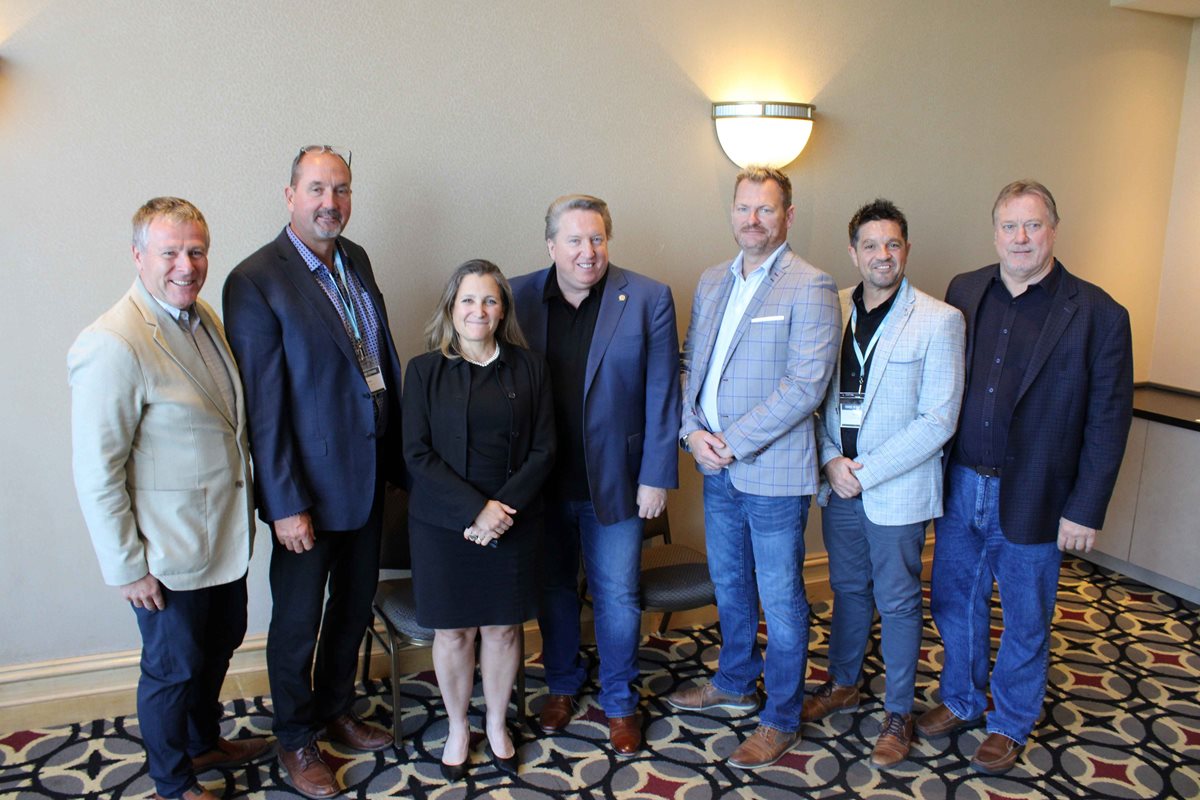
PWU has been instrumental in shaping Ontario’s energy policy, working closely with key ministries. "We’ve involved ourselves with the federal labour and finance ministers, and at the provincial level with the energy minister," Parnell says. "It’s refreshing to see bipartisan support for nuclear expansion. When politics takes a backseat and everyone agrees this has to be done, that’s a good thing."
The union’s advocacy extends beyond energy generation to ensuring the infrastructure needed to deliver clean power. "You can build as much generation as you want, but if the infrastructure isn’t there, you won’t get it to the end user," Parnell explains. "We’re lobbying with the City of Toronto to get the infrastructure moving. Toronto should be a leader, and it needs to set an example for the rest of the province."
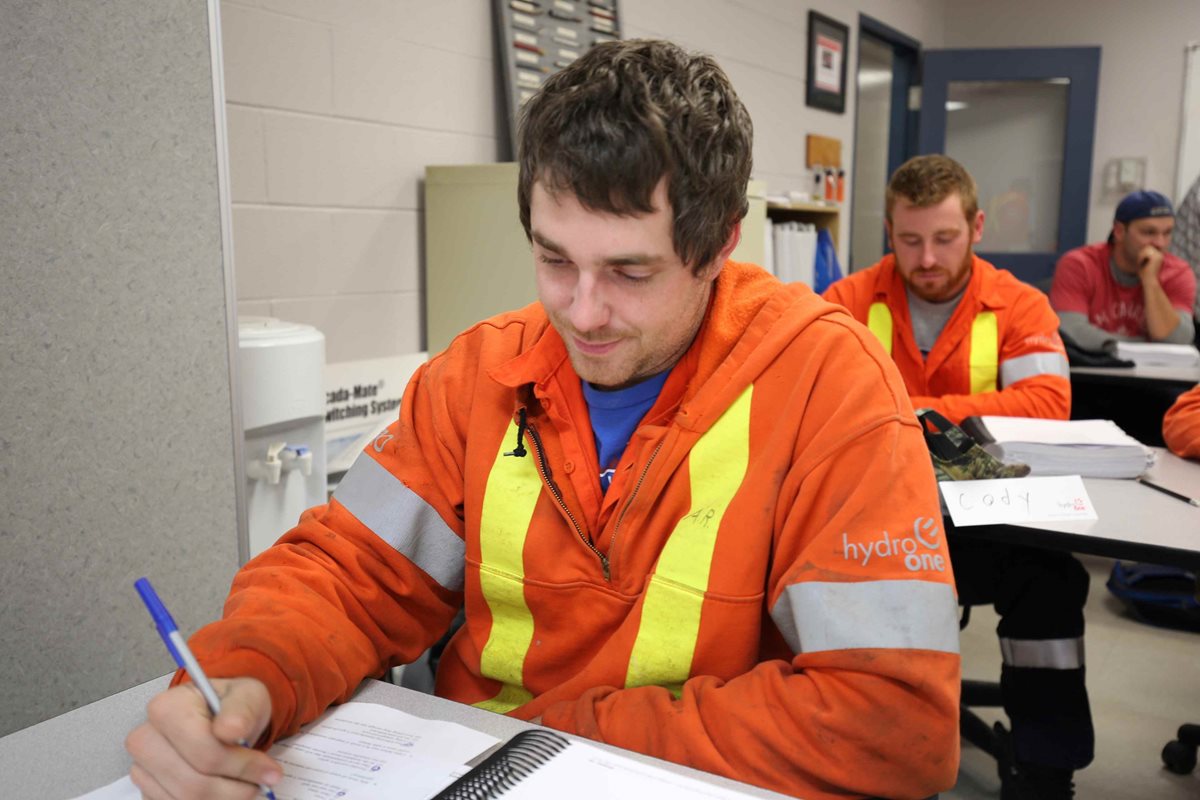
A major challenge facing the energy sector is the shortage of skilled labour. "Labour is a huge issue, but I prefer to call it a speed bump," Parnell says. "We’ve got the talent, but we need to ensure trades education is prioritized, starting at younger grade levels."
Ives echoes this sentiment: "Dispelling the stigma around trades is key to attracting young people into the energy sector. These are high-paying, long-term jobs that offer career satisfaction, and we need to make that clear to both kids and their parents."
PWU has been working with government officials to reintroduce trades into schools. "We’d like to see trades education go deeper, starting in grades 7 and 8, to show kids that working with their hands is a valuable career path," Parnell adds. "We’re also focused on getting women more involved in trades and tapping into all available resources."
Parnell believes that collaboration across all sectors—labour, operators, supply chain and government—is crucial for Ontario’s clean energy success. "Everyone is pulling in the same direction, and that’s what’s going to make this work," he says. "This transition is going to take unprecedented coordination, but with everyone working together, we’ll achieve our goals."
Ives adds, "We’ve seen more exposure to different groups through events like those organized by the Toronto Region Board of Trade. That exposure has been invaluable in getting our message out and engaging with sectors like finance and supply chains."
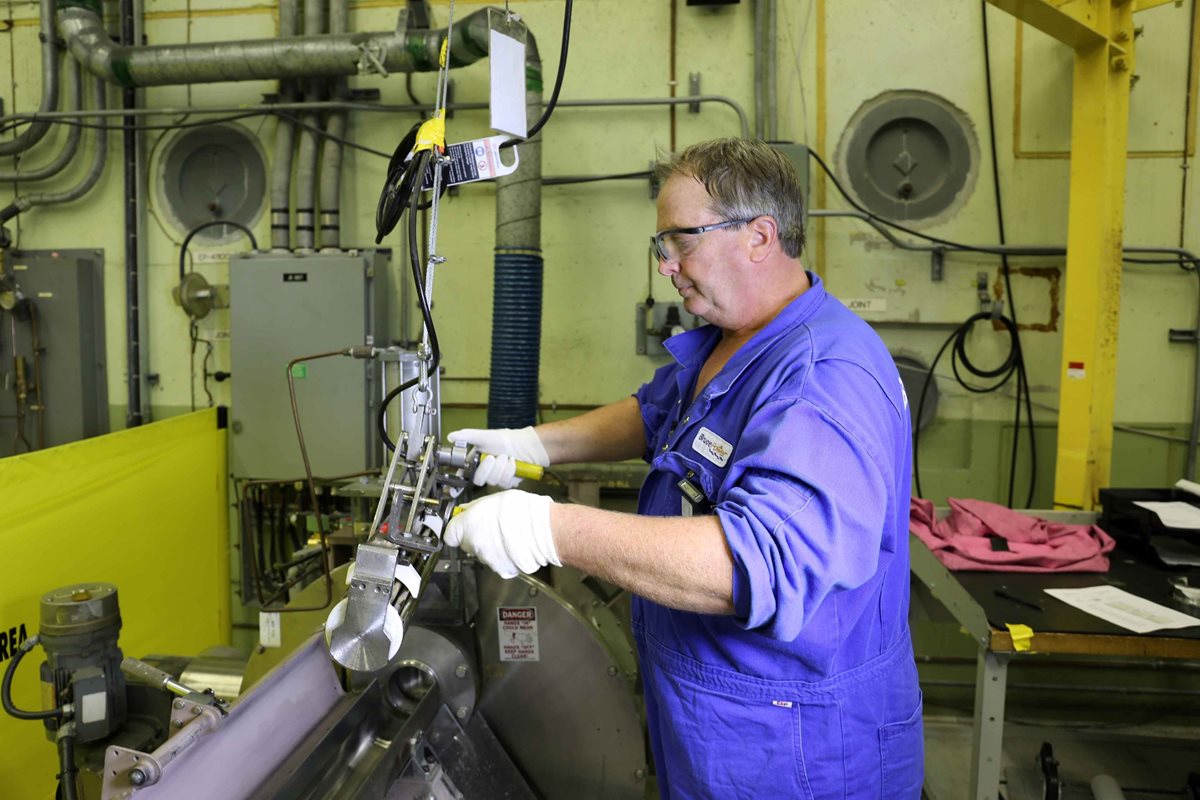
As Ontario transitions to a low-carbon future, PWU is at the forefront, advocating for policies that support both environmental sustainability and economic growth. "Keep your foot on the gas," Parnell advises. "This is going to take unprecedented change, but with everyone working together, we’ll get there."
By promoting workforce diversity, supporting nuclear energy, and shaping energy policy, PWU is leading the charge toward a sustainable energy future that benefits both workers and the broader economy.
The Climate Champions series spotlights our members who are leading experts in cleantech and climate innovation. As the global cleantech economy booms, the Toronto region has the potential to lead—driven by the organizations taking bold steps to green their operations and pioneer new technologies. This series celebrates the trailblazers propelling our region towards global climate leadership and a net-zero future by 2040.


